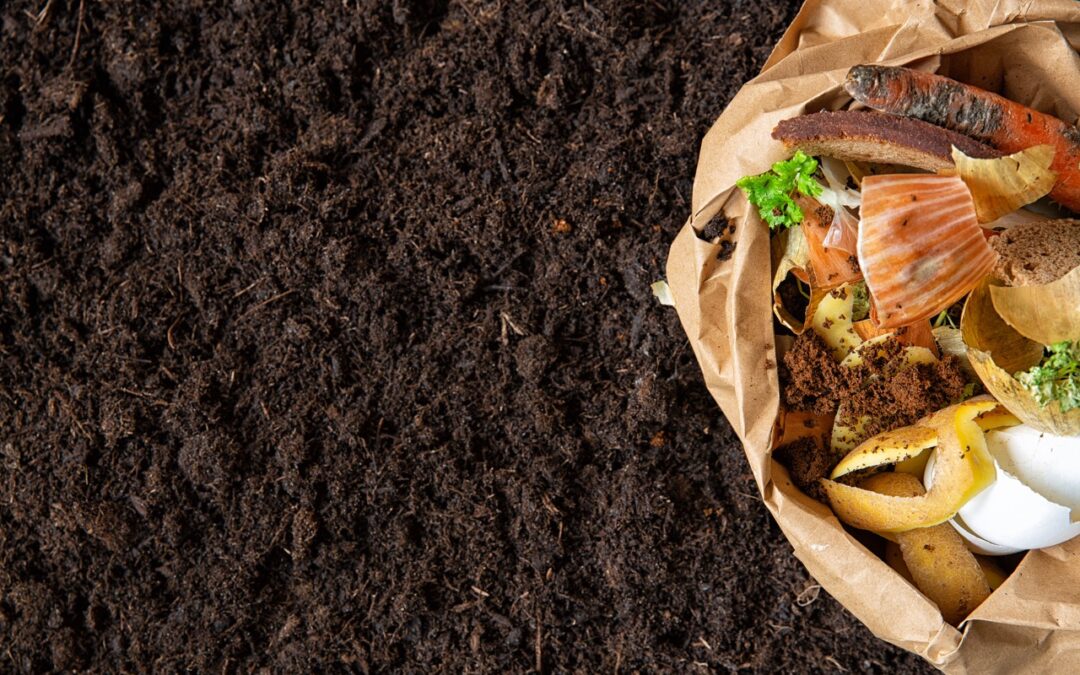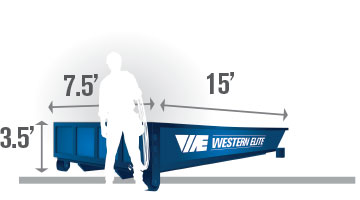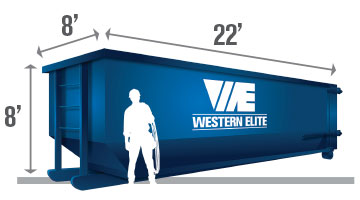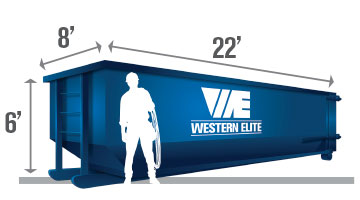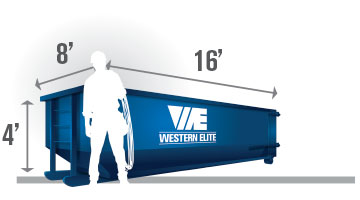Besides nourishing your soil, compost serves another purpose- to reduce food waste in landfills. Learn more from Western Elite about why it’s important to be mindful of how much food we’re dumping in the trash.
What Happens to Food in Landfills
Did you know that food waste in landfills doesn’t have the chance to decompose and return nutrients to the soil? Because the food is trapped in trash bags, and under mounds of other waste, it’s deprived of the oxygen it needs to properly decompose.
As a result, food waste in landfills just rots. This process produces methane gas, which is a hazardous air pollutant. Known as a greenhouse gas, methane contributes to global warming and indirectly produces more carbon dioxide in the atmosphere.
How Composting Can Help
To reduce the volume of trash in landfills and methane gas production, try composting at home. It can be done in even the smallest of apartments thanks to compact composting bins with small footprints. The benefits of composting don’t stop there, though.
BENEFITS OF COMPOSTING
Even small-scale composting can have a big impact.
- Reduces erosion
- Reduces water runoff
- Improves water quality
- Improves soil structure
Compost also ensures that the resources used to produce the food or biodegradable waste in the first place aren’t wasted. Instead of rotting in a landfill, they’re being returned to the earth to renew the soil and nourish new crops.
How to Get Started
First and foremost, it’s important to know what’s compostable, and what’s not.
GREENS, BROWNS, and H2O
You need a good ratio of green material, brown material, and water to successfully compost. Although not exhaustive, here’s a list of what you can compost at home.
- Cardboard
- Coffee grounds and filters
- Cotton/wool rags
- Eggshells
- Fireplace ash (from logs, not coal)
- Fruit and vegetable scraps
- Grass clippings
- Hair or pet fur
- Hay/straw
- Leaves
- Nutshells
- Sawdust
- Shredded newsprint or paper
- Tea bags
- Wood chips
Be sure you don’t include meat or dairy products, as they’ll spoil your compost. You should also avoid adding any oils, diseased vegetation, or anything treated with pesticides.
How to Compost
If you’re composting in your yard, you’ll need a few tools to make the job easier. Since compost needs to be turned and watered, be sure you have a pitchfork or large shovel and easy access to a water source.
- Your compost should be situated in a dry, shady spot in your yard.
- Large materials, whether green or brown, should be broken down into smaller pieces to expedite the decomposition process.
- The pile should be wetted each time new materials are introduced.
- The compost can be left open, or it can be covered to keep it warm and wet.
Outdoor compost needs to be turned once a week or so, depending on its size and temperature. You can do this manually with your pitchfork if your compost is a pile on the ground, or via a tumbler if your compost is contained outside.
If you don’t have space for an outdoor compost pile or container, you can invest in an indoor compost bin or make one yourself. A big payoff of indoor compost is that it can be maintained year-round unlike outdoor compost, which tends to go dormant when the temperature is below 40 degrees (F).
TIPS FOR INDOOR COMPOST
While it’s typically recommended to store an indoor compost bin in a cool, dry place, you can leave it on a countertop as well. There are two types of indoor compost methods: aerobic and vermicomposting.
AEROBIC COMPOSTING
This method requires garden soil and the microbes within. Organic material in your compost bin is broken down by the soil’s natural microbes to create nutrient-rich soil.
VERMICOMPOSTING
This method uses the help of worms in addition to soil microbes. Together, the worms and microbes work to break down organic material and produce newly fortified soil. For vermicomposting, a good rule of thumb is to have one pound of worms per 3.5 pounds of organic waste in the bin.
Whichever method you use, be sure your indoor compost bin is set in a tray or storage tote that can collect any runoff from the container during the decomposition process. Indoor compost may take a little longer to get going than outdoor, but it’s still worth the effort as it produces fertilized food for your indoor or outdoor plants.
At Western Elite, we don’t accept food waste in any of our dumpsters, and now you can see why. It not only contaminates the potentially recyclable materials we collect, but it is a detriment to the landfills where trash is disposed of.

